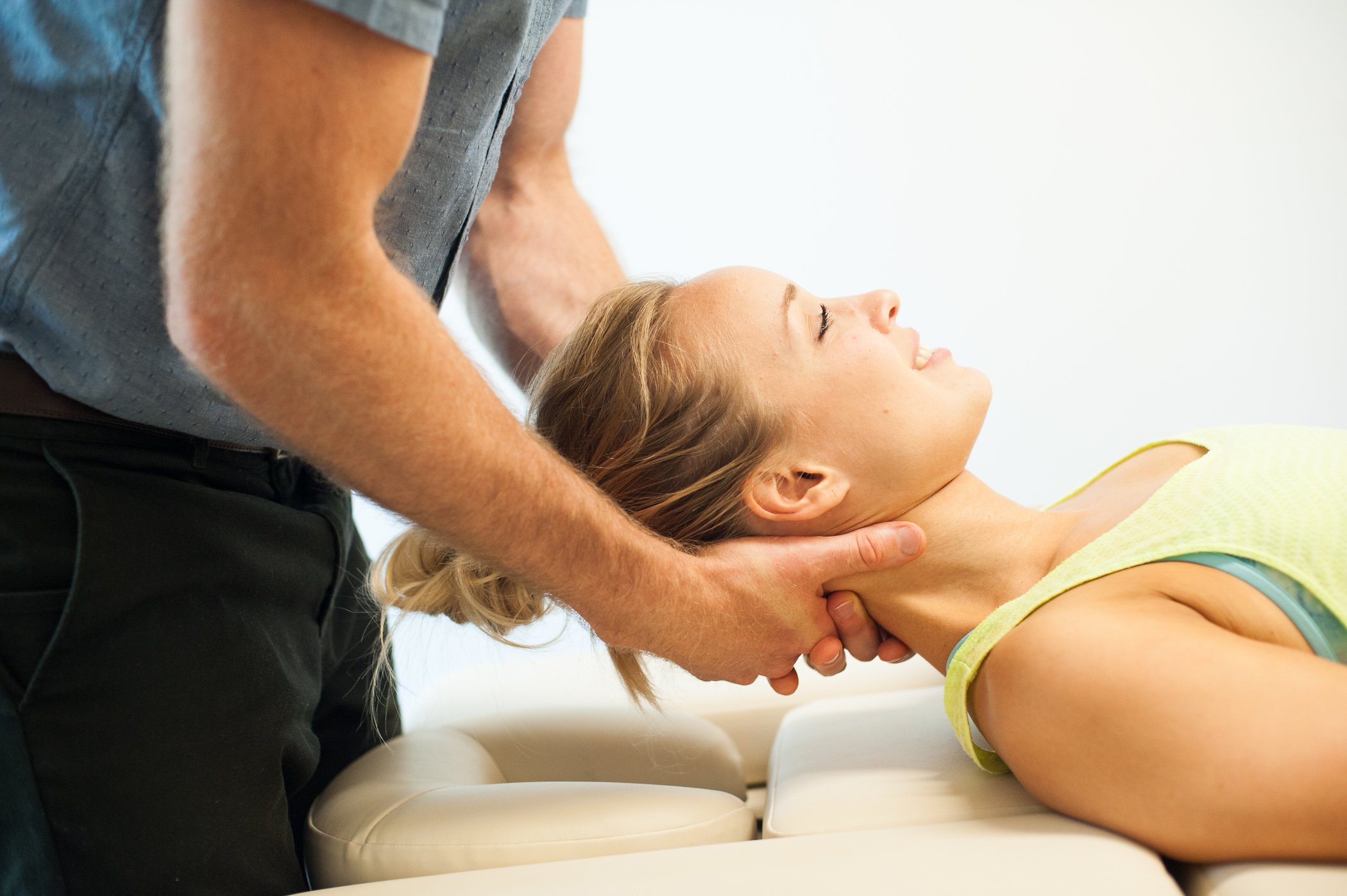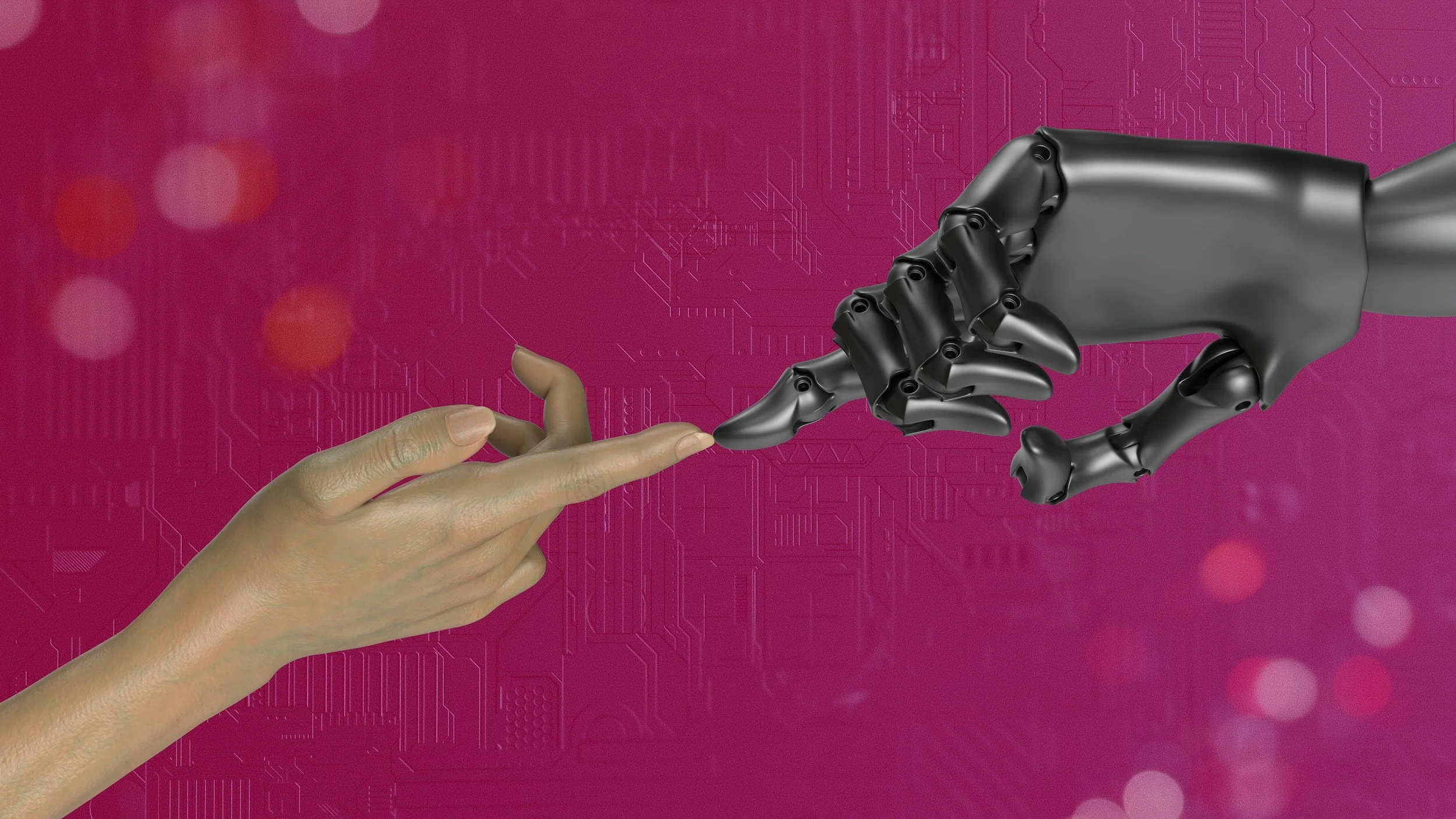Four Common Myths About Massage
Separating facts from fiction when it comes to massage therapy
We live in an exciting age of information where anything we need to know is only a couple of clicks away. Thanks to digital advances, knowledge has never been more accessible. But the problem is that it comes with an abundance of misinformation. This is perhaps most prevalent in the health and wellness industry and more specifically, in the field of massage therapy.
I’d like to dispel some of the more popular myths surrounding massage, to create a greater understanding of the proven benefits of this kind of therapy.
1) Massage has to hurt to be effective
Nope. No truth to the need for soreness during or after massage. Although it’s not surprising this belief has permeated our culture. Therapists can become famous (or infamous) for the excruciating treatments they perform.
Massage doesn’t work by pounding muscles into submission, it doesn’t work by stretching or deforming fascia, and more pressure does not equal a more therapeutic effect. So how does it work? Effective massage therapy ultimately decreases stress and helps control pain.
Basically, your brain controls your thoughts, emotions, how you move, and your level of muscle tension. It also has an amazing capacity to either turn-up or dial-down the intensity of pain you experience. When you are touched, nerve endings are stimulated in the skin, messages are sent to the brain, and if the brain likes these messages, healing and relaxation can follow.
So if massage is to be effective, it’s through the successful engagement with the patient’s nervous system, including their brain. And since pain is like an alarm system to alert us to any potential threat, giving a painful treatment may keep that alarm ringing and it can have the opposite effect of what is intended. A good massage may take you to the edge of pain, but hurt is unnecessary.
“Effective massage therapy ultimately decreases stress and helps control pain.”
2. Deep tissue massage releases toxins, or detoxifies the body
Detoxification - sounds good, doesn’t it? Sometimes it can feel like toxins have been released after a good massage. Maybe that’s why for decades this has been a prevalent belief in massage therapy culture. However, there is no research to show this happens.
A plausible explanation about these toxins eludes us. Are they squeezed out of muscle like water from a sponge? Some would say it refers to environmental substances like Bisphenol A (BPA), an industrial chemical used in plastics manufacturing. Others say toxins refer to metabolic waste such as lactic acid. Regarding the former, no amount of massaging muscles will squeeze toxic chemicals into the bloodstream, this is not scientifically plausible. And as for lactic acid, there is research suggesting that massage might actually impede its elimination. You can read an interesting article on it here.
When it comes to eliminating toxins, our organs that take care of this include our lungs, our liver, our skin, our kidneys, intestines, lymph nodes, and blood vessels.
3. Massage breaks down scar tissue
There are many who make this claim, and no shortage of techniques and instruments to ‘break down your scar tissue to eliminate pain’.
There’s no evidence to suggest our bodies are riddled with scar tissue or how we would acquire it. Even if it were true, how do we know this causes pain? Any scars on our skin are caused by cuts and abrasions and don’t usually hurt. Scar tissue is pretty fibrous stuff; it’s made strong to protect us from further injury, and the only way to break it down is with a very sharp instrument like a scalpel.
If your therapist tells you they’re breaking down scar tissue, you can be sure they’re more in tune with pseudoscience than actual science.
4. A relaxation massage isn’t therapeutic
There is a negative connotation associated with relaxation massage; namely that it is only appropriate for spas and cruise ships, and that its only purpose is to pamper the privileged. I frequently hear patients say, as if ashamed, that they are not seeing me for relaxation, but it’s therapy they need. However, the two are not mutually exclusive.
Here are two definitions of therapeutic:
“Causing someone to feel happier and more relaxed or to be more healthy” - Cambridge Dictionary
“Having a good effect on the body or mind; contributing to a sense of well-being” - Oxford Dictionary.
Clearly the word therapeutic describes a relaxation massage perfectly. Why are people so down on relaxation? It can lead to many great things such as: improved sleep, more energy, increased concentration, and a higher tolerance for annoying things in life, like pain. And let’s not forget about stress. Being more relaxed definitely enhances our ability to cope with stress. It would be ridiculous to suggest that relaxation has no therapeutic effects considering excessive stress is linked to almost all chronic diseases.
Rather, relaxation is an important part of massage therapy, if not the most beneficial.
In conclusion: massage should feel good
I would advise looking at all claims about massage therapy with a skeptical mind, as there’s no such thing as a magic bullet in this field. What matters most is that you feel better after your treatment.
At Tall Tree Health, our Registered Massage Therapists (RMTs) are trained in the assessment and treatment of conditions involving the body’s soft tissues and joints. They are also trained in the treatment and prevention of injury, pain, and physical disorders.




































